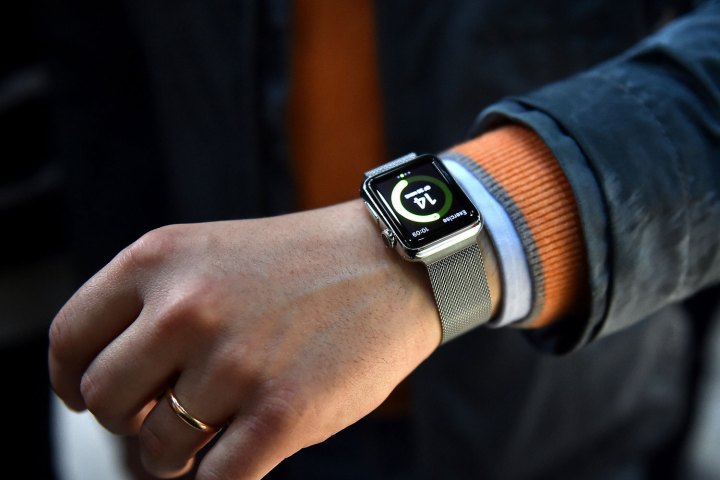
It’s only been a few months since the Apple Watch began testing the waters as a tried-and-true medical device. But already, the wearable is proving its mettle. As per the latest study from Cardiogram founder Brandon Ballinger, the Apple Watch is capable of detecting diabetes with an 85 percent accuracy rate. There is a caveat to that figure, however — it only stands for patients who have previously been diagnosed with diabetes already.
All the same, the study suggests that the Apple Watch could be a viable healthcare accessory moving forward. The research examined data from 14,000 Apple Watch owners, and determined that 462 had diabetes by using the heart-rate sensor in the watch. How was it able to do so? According to the 2015 Framingham Heart Study, diabetes patients have heart rates that vary from healthy individuals. As such, the Watch’s heart-rate sensor could theoretically detect these irregular heart rates, and consequently, identify a diabetes patient.
As TechCrunch points out, this is the same sort of sensor other fitness wearables use, which means that this capability likely isn’t restricted to the Apple Watch.
This is by no means the only disease that wearables may be able to detect. Ballinger previously used the Apple Watch to identify an abnormal heart rhythm with up to a 97 percent accuracy when used in conjunction with Cardiogram’s AI-based algorithm. The Watch has also been able to identify sleep apnea and hypertension with impressive accuracy rates. And Ballinger wants to see exactly how useful the Apple Watch and other fitness wearables may be in the diagnostic realm — he and his team hope to examine a wide range of diseases capable of being sussed out by heart sensors.
If further research proves successful, it could be an enormous boon to the health care industry. After all, early detection is key to reducing other diseases, not to mention treatment costs. This most recent study is certainly promising — it’s the first large-scale study to show that normal heart-rate sensors (at least when paired with AI-based algorithms) can identify diabetes without using other expensive equipment.


